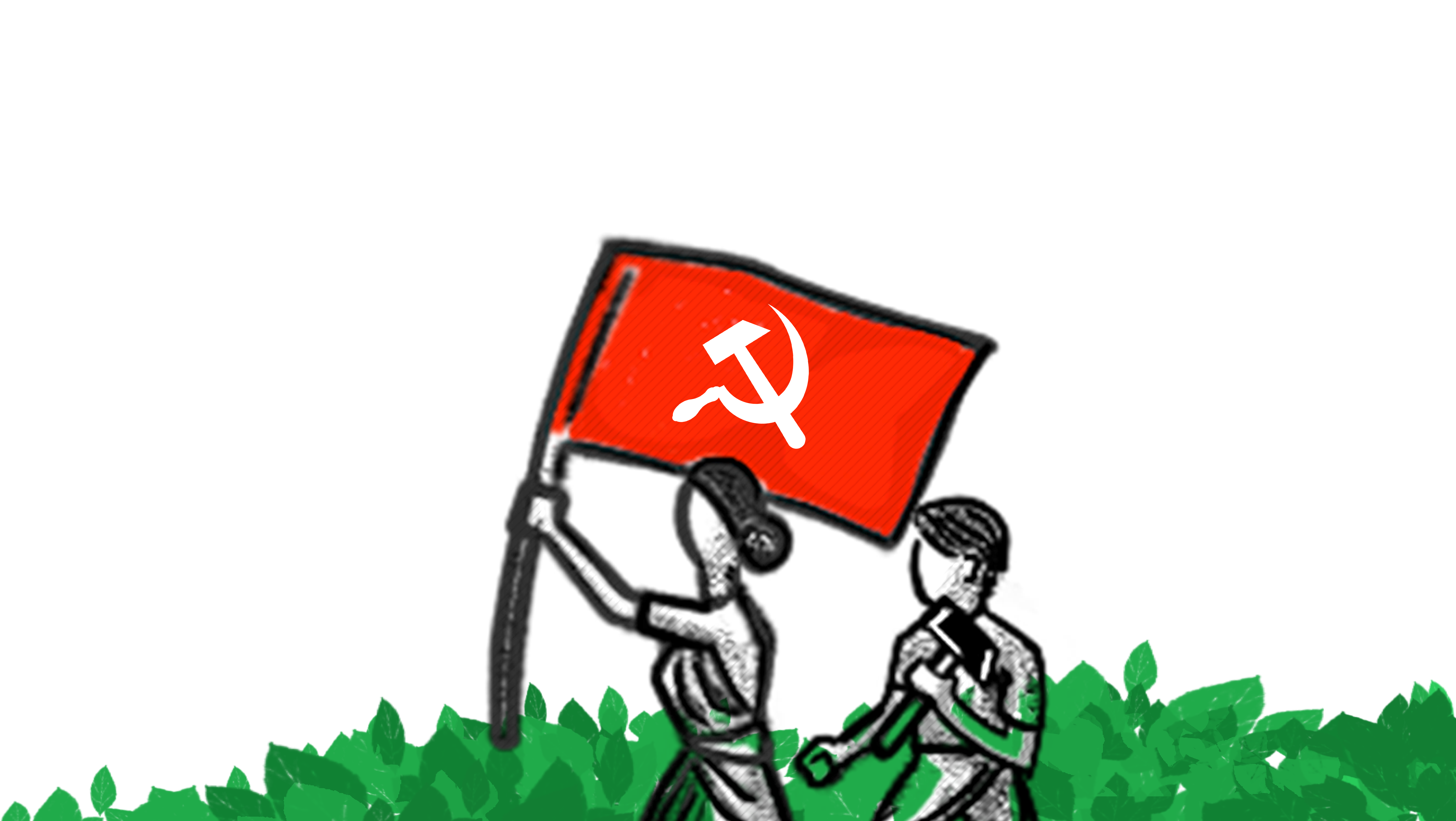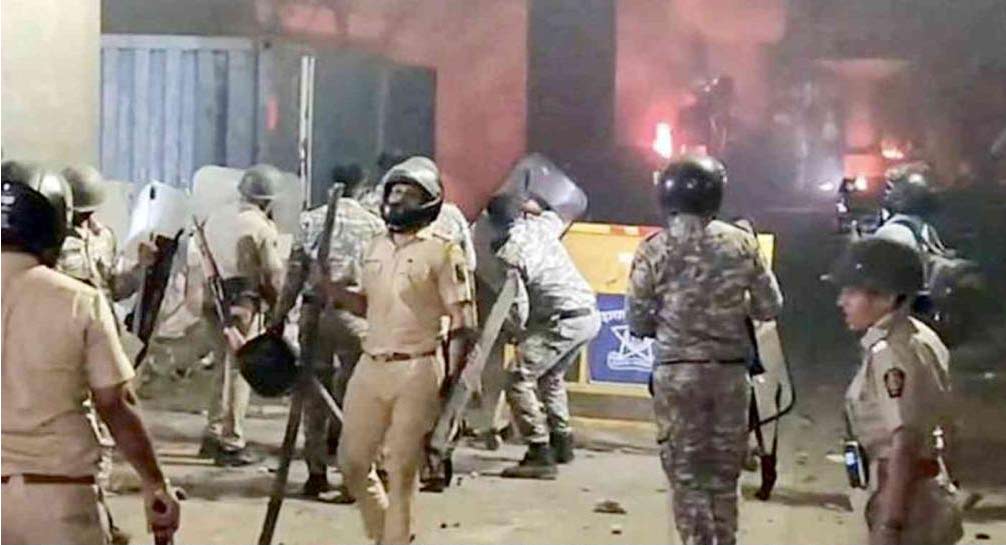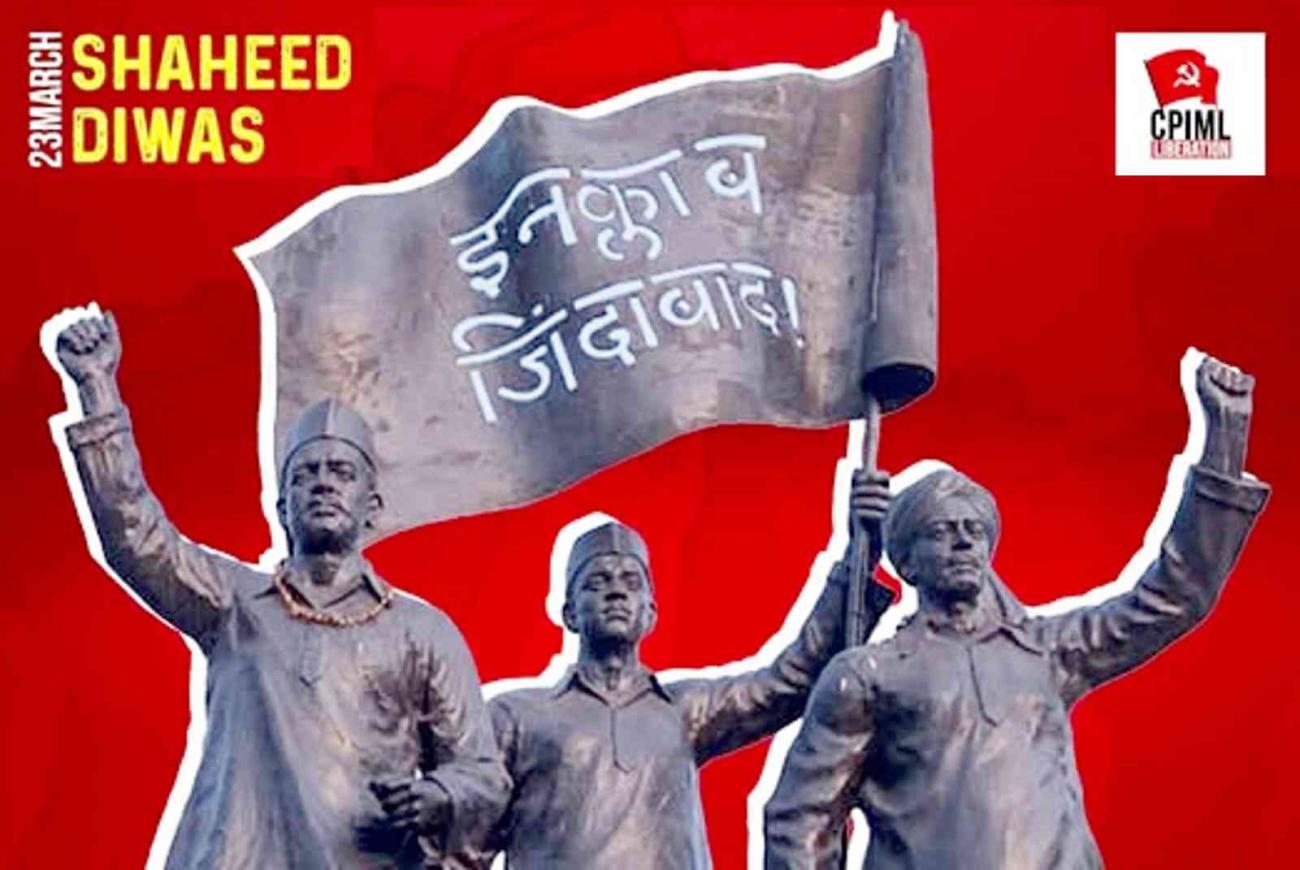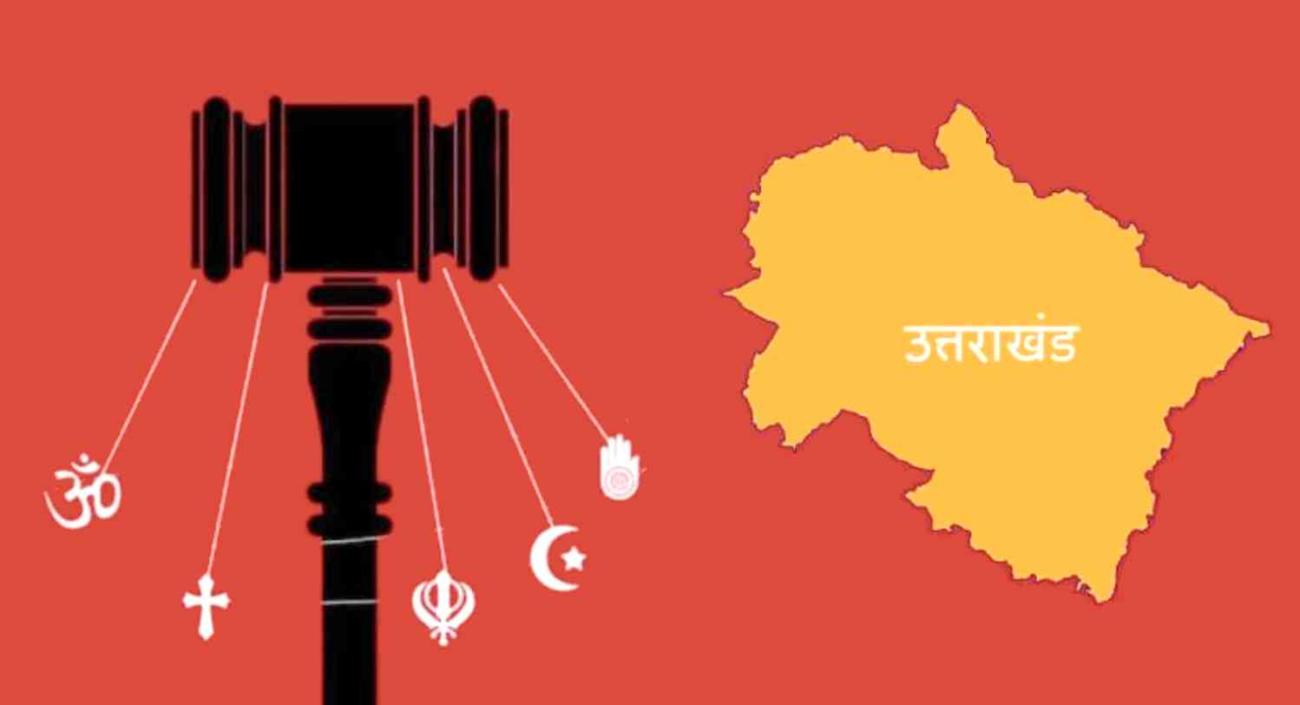As it happened, the Yes Campaign, an alliance of the Scottish National Party (SNP) - whose policies are only a shade more progressive that UKs Conservative party- and the Radical Independence Campaign, was narrowly defeated. As a breakdown of the results came through it became clear that the SNP (whose policies include lowering corporate tax, and who told people well still have the Queen, NATO and the pound in an independent Scotland) had failed to mobilise beyond its core supporters. The main support for Yes had come from traditional Labour Party heartlands in the former industrial centres like Glasgow and Dundee (which voted decisively for independence) and from youth mobilisation in urban areas where Radical Independence had united the left of the SNP, the Greens, left-wing Labour Party members, the radical left and, many who had not voted in years from communities and working class housing estates on the edge of the great cities where organisations built by working people in the course of the 20th century have been destroyed in the past four decades. In that sense it is an important step towards re-building working class organisation.
Unlike much of the traditional left in the UK which dismisses the struggle for democracy as belonging to the 19th century, the Radical Independence Campaign, like Occupy and other movements against neoliberalism elsewhere in the world had placed democracy, and its erosion by neoliberalism, centre stage. It had campaigned on a left-wing and internationalist platform with the participation of representatives of Greeces Syriza, Quebec Solidaire, (the left-wing party advocating the independence of Quebec from Canada based on social justice), and others, as well as figures like veteran Irish republican activist Bernadette McAliskey and Tariq Ali. It had shifted the debate from the SNPs line that nothing fundamental would change to one about what sort of Scotland working class people want.
With the referendum over, it will continue to campaign on key issues associated with neoliberal welfare reforms like the hated bedroom tax, ATOS a privatised testing system which has led to the deaths of many people with disabilities who have been denied state benefits, and the ongoing destruction of the National Health Service. But there is a also a strong possibility of forming a Scottish left alliance along the lines of Syriza or Spains Podemos drawing in disillusioned left-wing Labour Party members.
Meanwhile, in Glasgow, there is a demand for a recount amidst allegations of electoral fraud and in London, David Cameron has already reneged on his pre-referendum promise to hold a vote in the House of Commons on further devolution for Scotland, dismissing such a move as meaningless. The Labour Party has remained silent. It is now likely to be weaker than ever, particularly if as part of post-referendum arrangements its Scottish MPs lose their right to vote on English issues. These rights and questions of tax autonomy for Scotland are yet to be decided.
There are calls now for a UK-wide Peoples Constitutional Convention to debate the issues raised by the referendum and to recognise, as the Green Partys Caroline Lucas puts it, that people are not disengaged from politics, simply from a political system... designed to protect the interests of a small, self-interested and wealthy elite.





